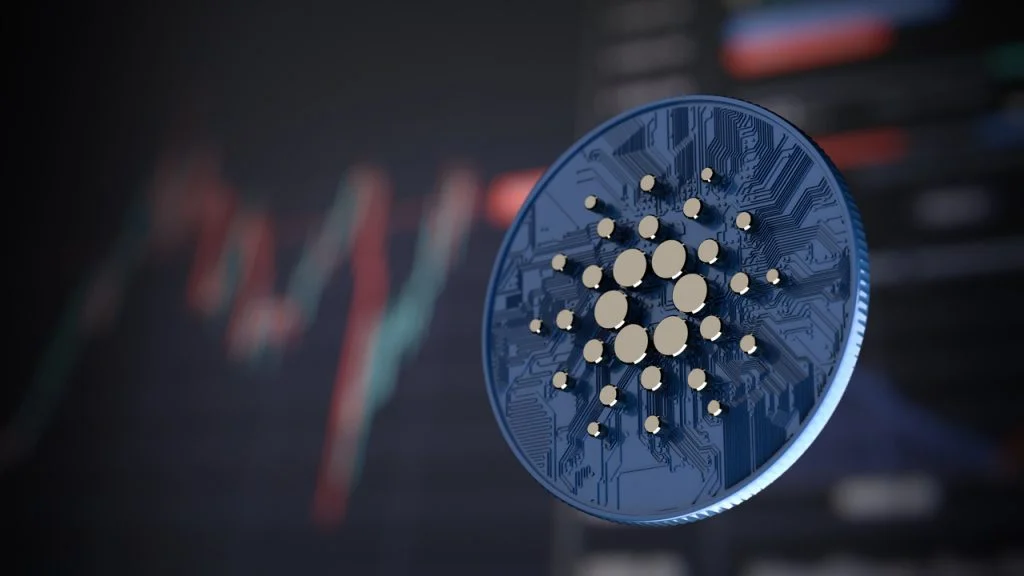Following the Alonzo upgrade on September 13, more than 200 smart contracts have been added to the Cardano blockchain explorer. The new smart contracts are in a timelock and cannot be used yet.

The 200 smart contracts listed are now in a timelock, and developers cannot utilize them until they are released. The number of smart contracts ready to be launched, according to the Vercel App, is currently above 2,200.
Since Cardano’s inception in 2017, smart contracts have been a much-anticipated feature, and the functionality was finally enabled with the recent Alonzo hard fork.
The DeFi area is now “up for grabs,” according to Charles Hoskinson, the founder of Cardano and IOHK, who stated on September 17 that now that Cardano supports smart contracts, the DeFi space is “up for grabs.”
Liquidity and interoperability, the flexibility to move multi-chain, and cost predictability, according to Hoskinson, will be the winners of the “second wave” of DeFi.
“We need governance, certification, insurance, regulation on these things, metadata identification… and you need to decentralize at the same time,” he added, adding:
“The way we constructed Cardano was for that second wave.”
Several notable projects are either in the process of implementing smart contracts or are planning to do so shortly.
$GREED, a rewards token that returns $ADA to holders, Liqwid, an open-source and non-custodial interest rate curve liquidity protocol, SingularityNET, a platform that allows anyone to create, share and monetize AI services at scale, and Cardax, the first Cardano DEX
Cardano will be backwards compatible with the Ethereum Virtual Machine (EVM) in the hopes of attracting DeFi developers who want to save money on transaction costs.
Since mid-July, the Cardano price has increased by 170 percent, although it is now roughly 20% lower than its all-time high of $3.09 at the beginning of the month. The price of ADA is now around $2.42.
